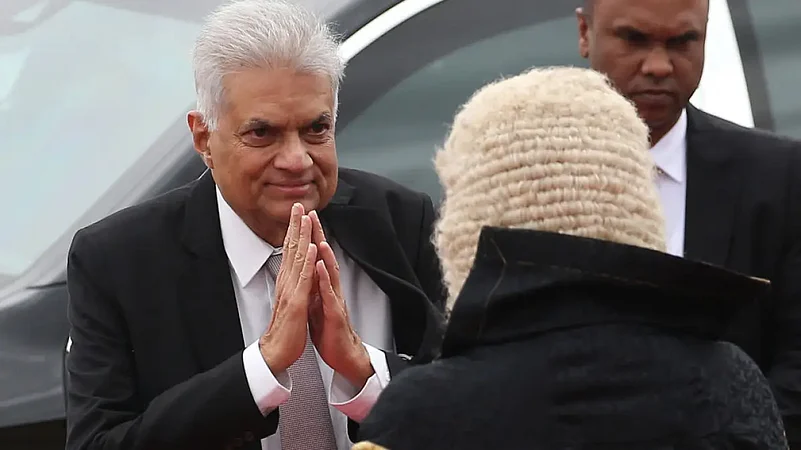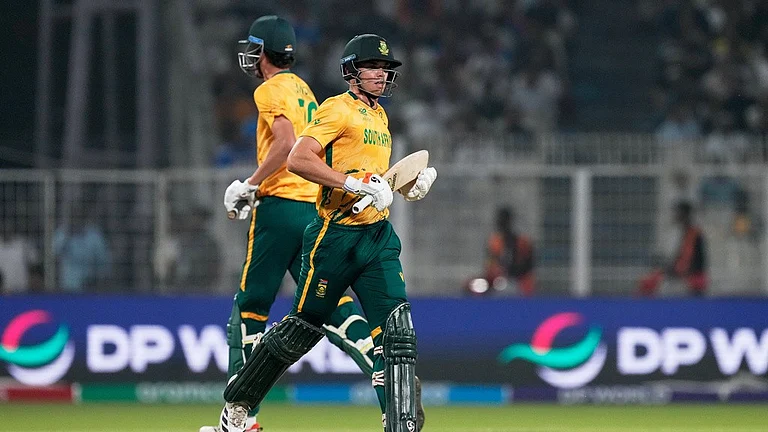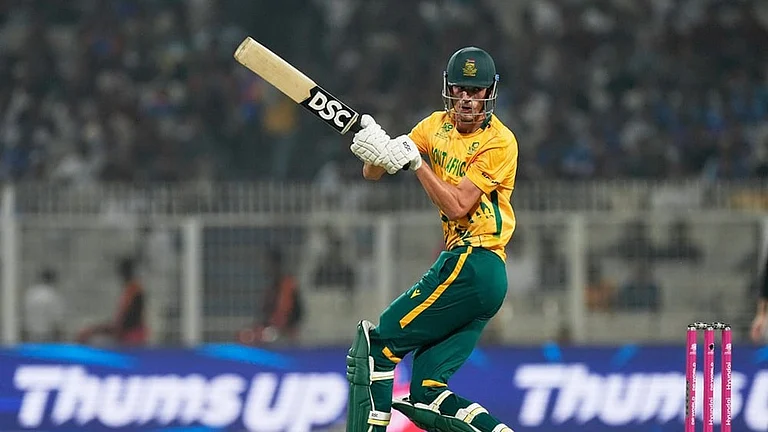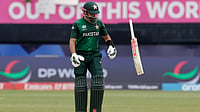The representatives from the Tamil National Alliance (TNA), an alliance of parties who represent Tamils from the North and East regions, the Tamil Progressive Front, the Tamil National People’s Front and the Tamil National People’s Alliance will meet Wickremesinghe this evening, sources said.
They said individual representatives of all these parties had met Wickremesinghe to facilitate the meeting on Tuesday.
Addressing Parliament on November 10, Wickremesinghe said Sri Lanka did not need outside intervention in its internal affairs, as he invited the country's Tamil minority parties to hold talks to resolve some of the outstanding issues they faced.
"We don't need others to intervene in our country's matters. We can solve our issues and that's what we are attempting to accomplish," Wickremesinghe said, without naming any country.
"I invite all of you to have talks next week and settle all outstanding issues before the 75th anniversary of independence," he said.
Sri Lanka will celebrate its 75th Independence Day on February 4, 2023.
The main Tamil party TNA with 13 members in the 225-member assembly decided not to oppose the government budget for 2023 after Wickremesinghe made overtures for talks.
Sri Lanka has had a long history of failed negotiations with the Tamils.
An Indian effort in 1987, which created the system of a joint provincial council for the Tamil-dominated North and East, faltered as the minority community claimed it fell short of full autonomy.
Wickremesinghe himself tried a constitutional effort between 2015-19 which too came to be scuttled by the hardline majority of Sinhala politicians.
India has been consistently calling upon Sri Lanka to fulfill its commitments to protect the interests of the Tamil community and preserve the island nation’s character as a multi-ethnic and multi-religious society.
Over the years, the Sri Lankan government has been aggressive against Tamilian groups following its war with the Liberation Tigers of Tamil Eelam (LTTE).
The LTTE ran a military campaign for a separate Tamil homeland in the northern and eastern provinces of the island nation for nearly 30 years before its collapse in 2009 after the Sri Lankan Army killed its supreme leader Velupillai Prabhakaran.
According to Sri Lankan government figures, over 20,000 people are missing due to various conflicts including the three-decade brutal war with Lankan Tamils in the north and east which claimed at least 100,000 lives.
International rights groups claim at least 40,000 ethnic Tamil civilians were killed in the final stages of the war, but the Sri Lankan government has disputed the figures.






















